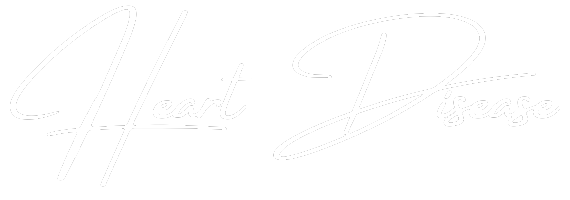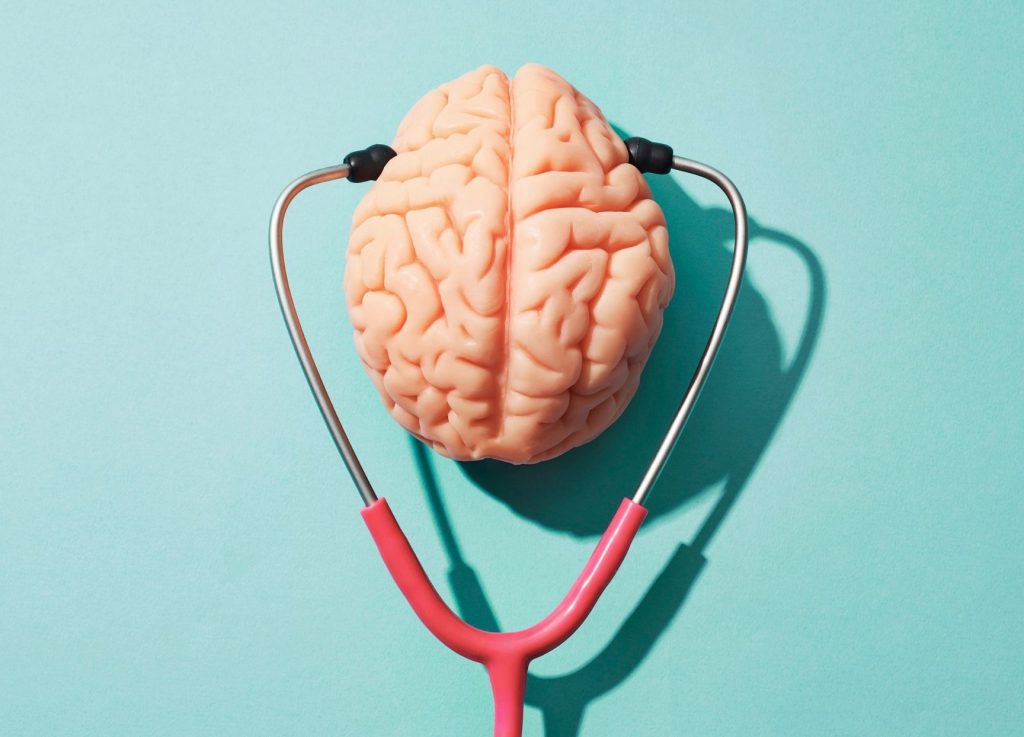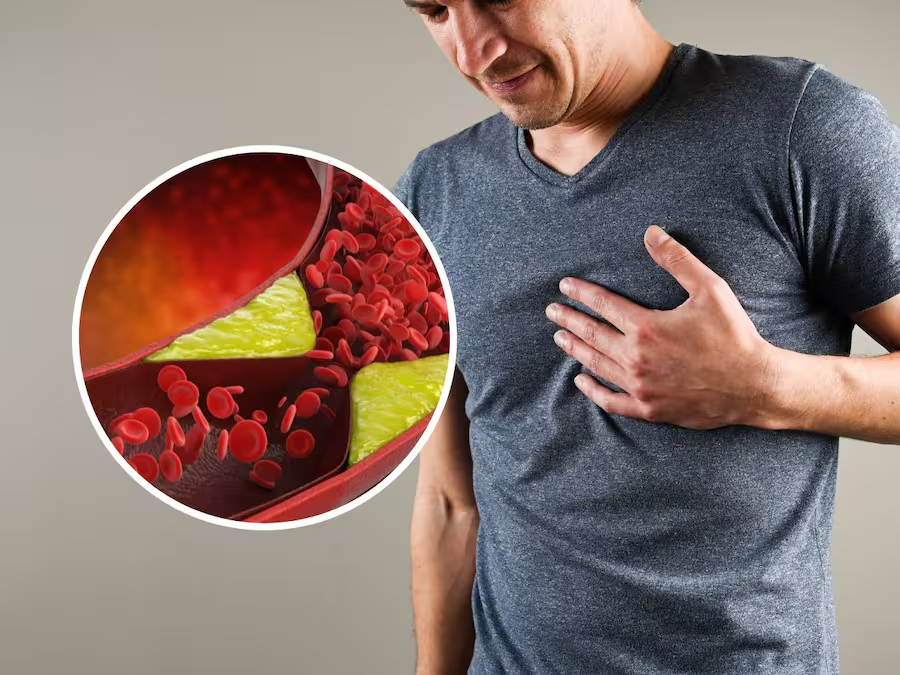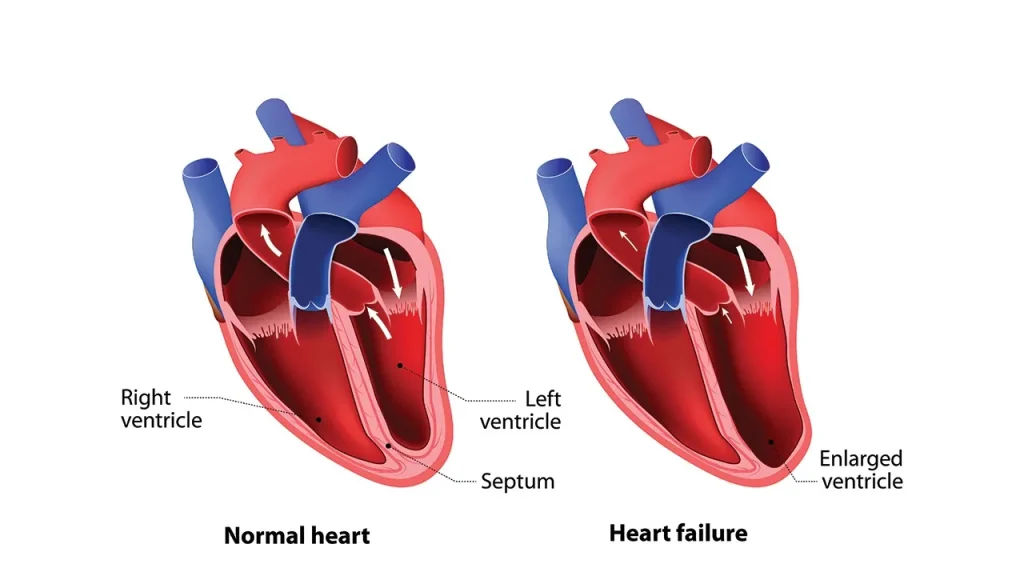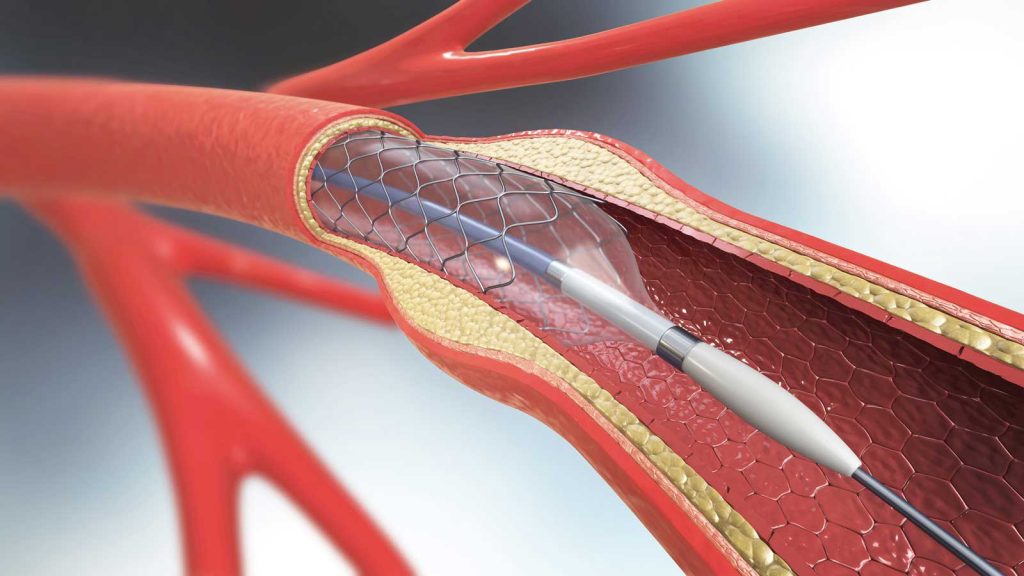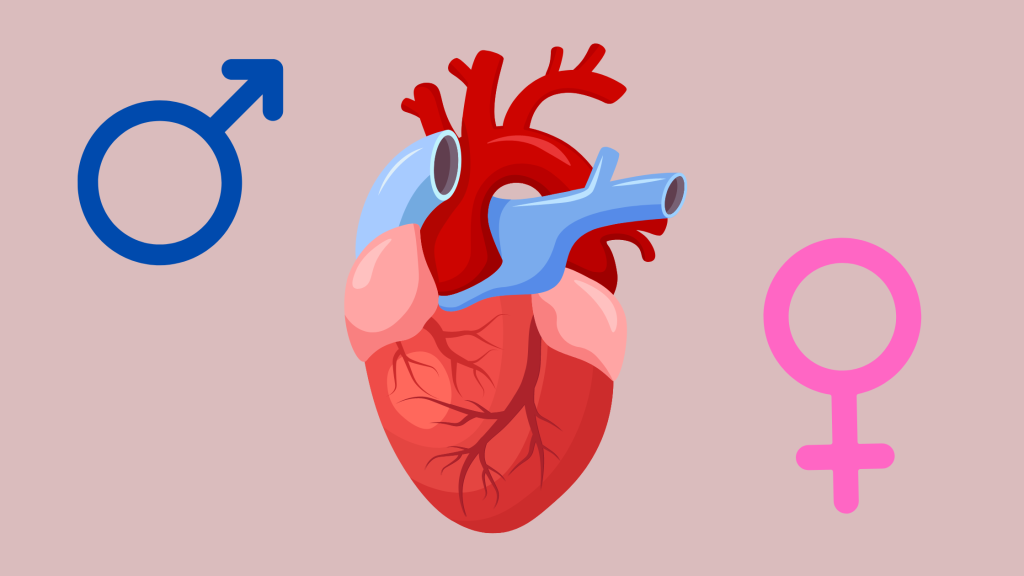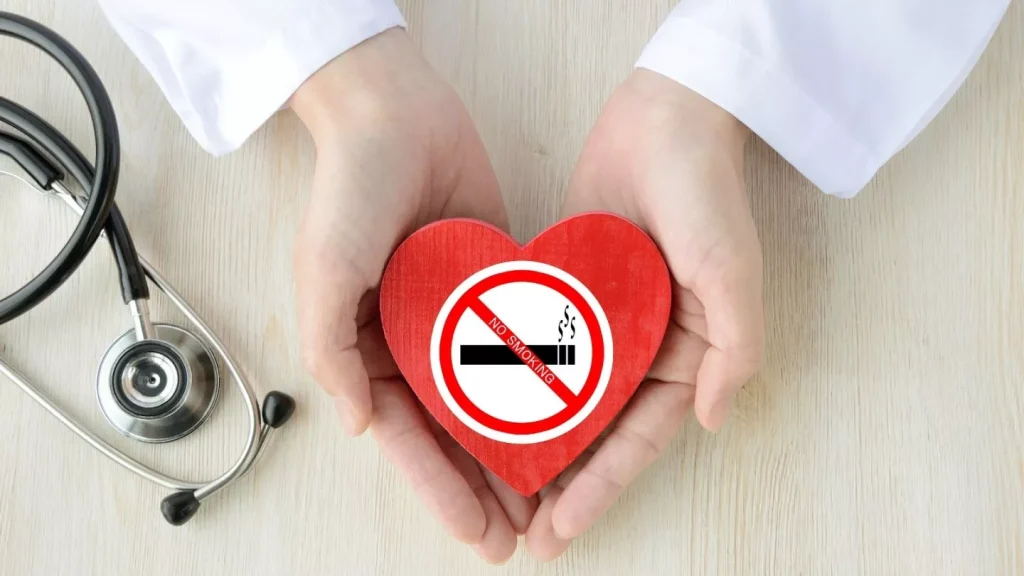The Link Between Depression and Heart Disease
The relationship between clinical depression and cardiovascular disease (CVD) is one of the most compelling and clinically critical areas in contemporary medical research, transcending a simple co-occurrence. It is an intricate, bidirectional pathology where the presence of one dramatically amplifies the risk, severity, and prognosis of the other, forming a relentless negative feedback loop within…
Read more
